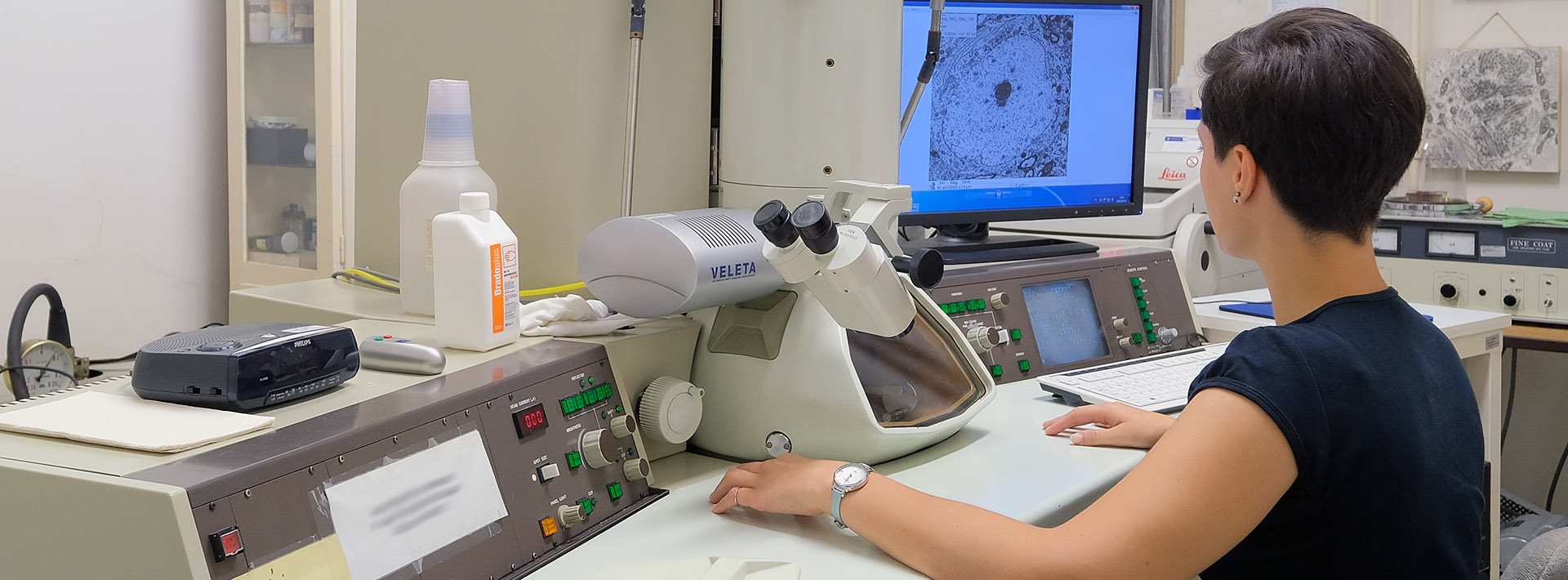Adatok
A Tantárgybejelentőben megadott hivatalos adatok az alábbi tanévre: 2024-2025
Tantárgyfelelős
-
Pap Marianna
associate professor,
Department of Medical Biology and Central Electron Microscope Laboratory
Óraszámok/félév
előadás: 24 óra
gyakorlat: 0 óra
szeminárium: 0 óra
összesen: 24 óra
Tárgyadatok
- Kód: OAE-NS1-T
- 2 kredit
- General Medicine
- Elective modul
- autumn
Nincs
Kurzus létszámkorlát
min. 5 fő – max. 200 fő
Tematika
The aim of the course is to present the most important and most exciting Nobel Prize-winning molecular cell biology discoveries based on Nobel lectures given by the winners. The background story of the awards reveals many years of research work, good ideas, good fortune mixed with family and other personal memories. There is no single recipe for success, the road is always a bit different, and perhaps the only common feature is the teamwork. From the presentations one might get insight of the winners’ personality as well. An important aspect was in the selection of the topics to emphasize their significance (DNA-, RNA-structure and their synthesis, ribosome function), their impact on current medical way of thinking (e.g. Prions) and diagnostic methods (e.g. recombinant DNA technology, DNA sequencing), the description of their present and future medical applicability (e.g. in vitro fertilization), as well as to highlight their potential relations to different diseases (e.g. cell cycle regulation, reprogram of differentiated cells, RNA interference, papillomaviruses, HIV). Lectures are organized based on the topics related to the weekly schedule of the molecular cell biology course, not in chronological order. Most of the presented discoveries and experiments are involved in the molecular cell biology course material, so hopefully their discussion helps in the better understanding of those topics and lead to a more effective and shorter exam preparation.
Előadások
- 1. Life of Alfred Nobel - Pap Marianna
- 2. History of Nobel prize, interesting facts - Pap Marianna
- 3. Structure of proteins - Pap Marianna
- 4. Prions - Pap Marianna
- 5. Structure of nucleic acids, catalytic RNA molecules - Pap Marianna
- 6. Recombinant DNA technology - Pap Marianna
- 7. PCR - Pap Marianna
- 8. DNA sequencing - Pap Marianna
- 9.
Inhibition of gene expression (CRISPR technique)
- Pap Marianna - 10. Inhibition of gene expression (RNA interference) - Pap Marianna
- 11. Regulation of cell cycle - Pap Marianna
- 12. Regulation of cell cycle - Pap Marianna
- 13. DNA replication - Pap Marianna
- 14. DNA repair - Pap Marianna
- 15. Eukaryotic RNA synthesis - Pap Marianna
- 16. Splicing - Pap Marianna
- 17. Structure and function of ribosomes - Pap Marianna
- 18. Role of RNA molecules in translation, Genetic code - Pap Marianna
- 19. Gene regulation in prokaryotic cells - Pap Marianna
- 20. Gene regulation in eukaryotic cells - Pap Marianna
- 21. Rough endoplasmic reticulum, vesicular transport - Pap Marianna
- 22. Receptor-mediated endocytosis - Pap Marianna
- 23. Exam - Pap Marianna
- 24. Exam - Pap Marianna
Gyakorlatok
Szemináriumok
A tananyag elsajátításához szükséges segédanyagok
Kötelező irodalom
Saját oktatási anyag
Jegyzet
Ajánlott irodalom
www.nobelprize.org
A félév elfogadásának feltételei
None
Félévközi ellenőrzések
Written test on week 14.
Távolmaradás pótlásának lehetőségei
Participation on Hungarian or German lectures is the only possibility to make-up missed lectures.
Vizsgakérdések
1. Structure of proteins Prions
2. Structure of nucleic acids, catalytic RNA molecules
3. Recombinant DNA technology
4. PCR
5. DNA sequencing
6. Inhibition of gene expression (CRISPR technique, RNA interference)
7. Regulation of cell cycle
8. Regulation of cell cycle
9. DNA replication
10. DNA repair
11. Eukaryotic RNA synthesis
12. Splicing
13. Structure and function of ribosomes Role of RNA molecules in translation
14. Genetic code
15. Gene regulation in prokaryotic cells
16. Gene regulation in eukaryotic cells
17. Rough endoplasmic reticulum, vesicular transport
18.Receptor-mediated endocytosis
